Historical amnesia: Europe turns a blind eye to Iran’s WWII humanitarian legacy
Professor Azarov: Israel and the US shape West’s anti-Iran stance
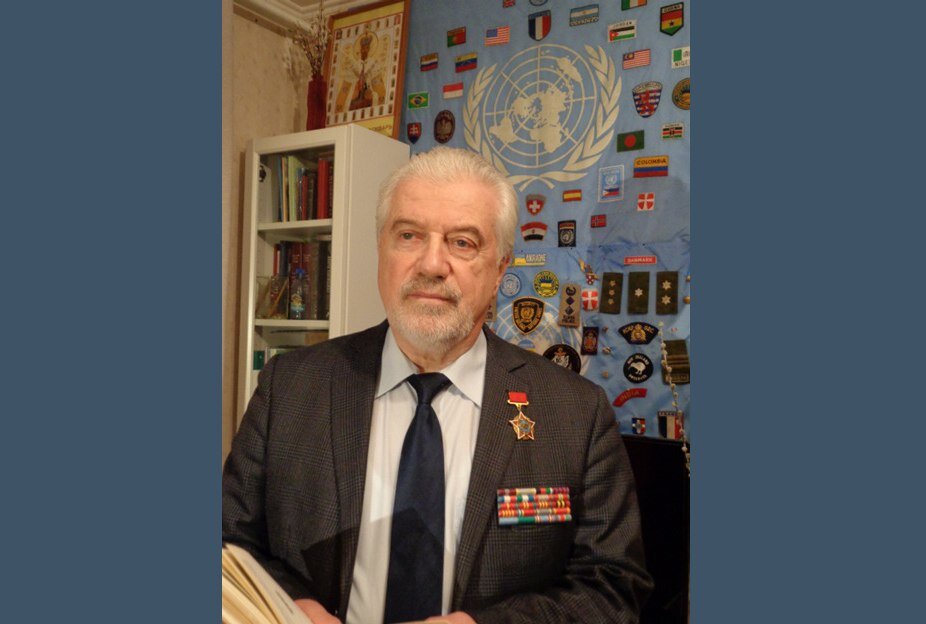
TEHRAN – During the darkest days of World War II, when Europe was engulfed in flames, Iran extended a hand of humanity—welcoming more than 100,000 Polish refugees and offering them safety, dignity, and a chance to rebuild their shattered lives. That chapter of compassion and solidarity remains etched in history as a testament to Iran’s generosity.
Yet, in a striking act of political amnesia, Poland’s Foreign Minister Radoslaw Sikorski appeared before the UK Parliament in mid-October, where he attempted to smear Iran by displaying what he claimed was an Iranian-made drone used in the Ukraine war. The accusation—unsupported by concrete evidence—not only vilifies Iran but also betrays the memory of the very nation that once gave refuge to his compatriots.
Iran’s Foreign Minister Abbas Araghchi rejected the claim, denouncing it as a “politically motivated act based on falsehoods” orchestrated by the Israeli lobby and its allies. Both Iran and Russia have consistently dismissed Western allegations of Iranian arms transfers to Moscow for use in the Ukraine war.
To examine the hostile posture of Poland and other European countries toward Iran—sharply at odds with the historical bond forged in the 1940s—the Tehran Times sat down with Professor Vladimir Azarov, a member of the Russian Writers' Union and professor at the Academy of Military Sciences as well as a veteran of local wars and military conflicts. Below is an excerpt from that conversation.
During World War II, Iran provided refuge to over 100,000 Polish citizens. How should this extraordinary humanitarian contribution influence Poland’s and Europe’s perception of Iran today?
Talking about how Iran provided refuge to more than 100,000 Polish citizens during World War II, and how this contribution might somehow affect Poland's and Europe's perception of Iran today, is simply an illusion, a misconception, and a lack of understanding of the current geopolitical landscape.
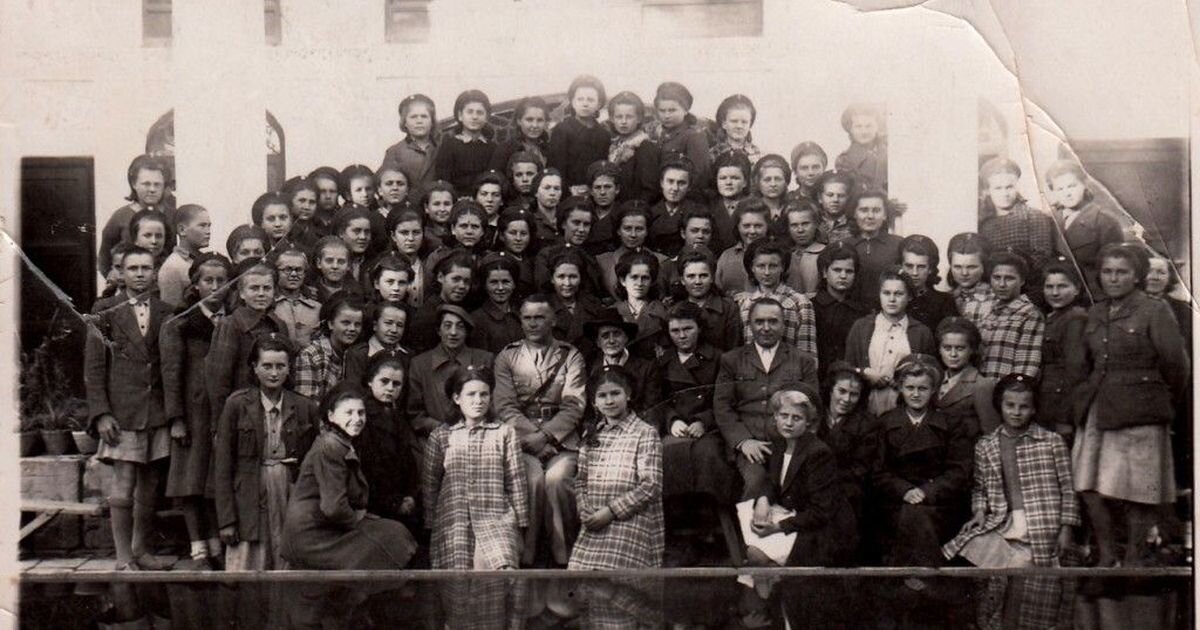
In 1942, more than 100,000 refugees from Poland began their exodus to Iran
Who in the world, and particularly in Poland, remembers what happened eighty years ago? No politician in Europe will ever bring up this topic or tell the truth. You can't be so naive as to believe that you can hope, through memories of something good that happened many years ago, that this will somehow influence the European policy against other countries in the world. This is not only utopian but also dangerous.
Why do you consider it utopian or dangerous to rely on historical goodwill in shaping modern foreign policy?
Let me give you an example about the Soviet Union.
"Despite the USSR’s sacrifice in liberating Poland during WWII, modern Polish politics and laws have erased that legacy."More than 500,000 Soviet soldiers died during the liberation of Poland in 1944-1945, and more than 1.5 million soldiers were injured during the liberation operations in Poland! Who remembers this in this country today? None of the Polish politicians do! History is being rewritten by modern politicians, and you know it.
In 2017, Poland passed amendments to its legislation that prohibit the promotion of communism or any other totalitarian system. This is despite the fact that Poland was a leading country in the socialist camp before the collapse of the Soviet Union. The law requires local authorities to demolish monuments to Soviet soldiers. According to the Polish Institute of National Remembrance, there are over 450 monuments throughout the country, with 230 dedicated to Red Army soldiers. To date, almost all of these monuments have been demolished in Poland. This was the country's way of paying tribute to its liberators from the fascist regime. Do any contemporary Polish or European politicians take this into account in relation to the USSR and today's Russia? No one!
What was the scale of Polish suffering under German occupation during World War II?
There were 457 camp complexes in German-occupied Poland. Some of the main concentration and labor camps consisted of dozens of auxiliary camps spread across a vast territory.
The main function of the death camps was to kill Jews from all German-occupied countries, except for the Soviet Union (Soviet Jews were usually killed by punitive units). These camps also killed Polish Jews and other prisoners.
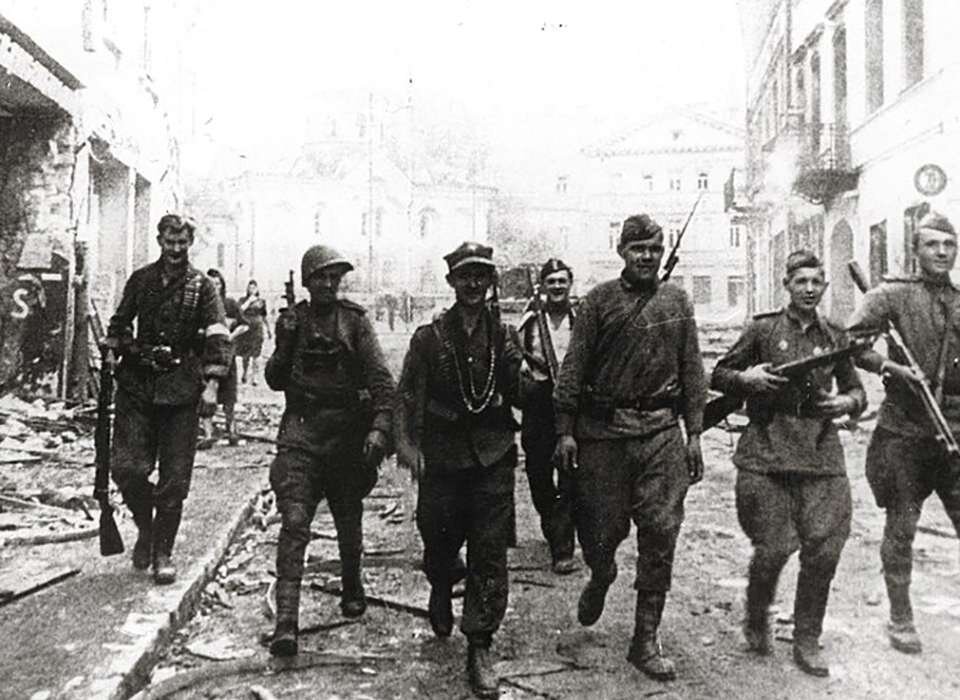
Hundreds of thousands of Soviet soldiers died during the WWII liberation of Poland
It is estimated that 75,000 non-Jewish Poles were killed in the Auschwitz-Birkenau camp alone. Most of the death camps were organized alongside regular concentration camps, including Auschwitz-Birkenau, Majdanek, and Treblinka.
During World War II, the Polish nation lost most of its pre-war population. Of the 34,849,000 pre-war inhabitants of Poland, approximately 6 million, or 17% of the total population, perished during the German occupation. This included 240,000 military personnel, 3,000,000 Polish-Jewish victims of the Holocaust, and 2,760,000 civilians. The German camps were liberated by the Red Army and the Polish Army in 1944 or 1945.
Poland’s foreign minister publicly alleged that a drone displayed in the UK Parliament was of Iranian origin and linked Iran to Russia’s war in Ukraine. How do you assess this stance in light of Iran’s historical support for Poland, and is it consistent with the spirit of past friendship?
What is the conclusion that the Poles have come to regarding the USSR and Russia after so many sacrifices suffered by the USSR in the liberation of Poland? They have become Russia's most ardent enemies currently, when Russia is liberating the world from the new plague of 21st-century fascism in Ukraine.
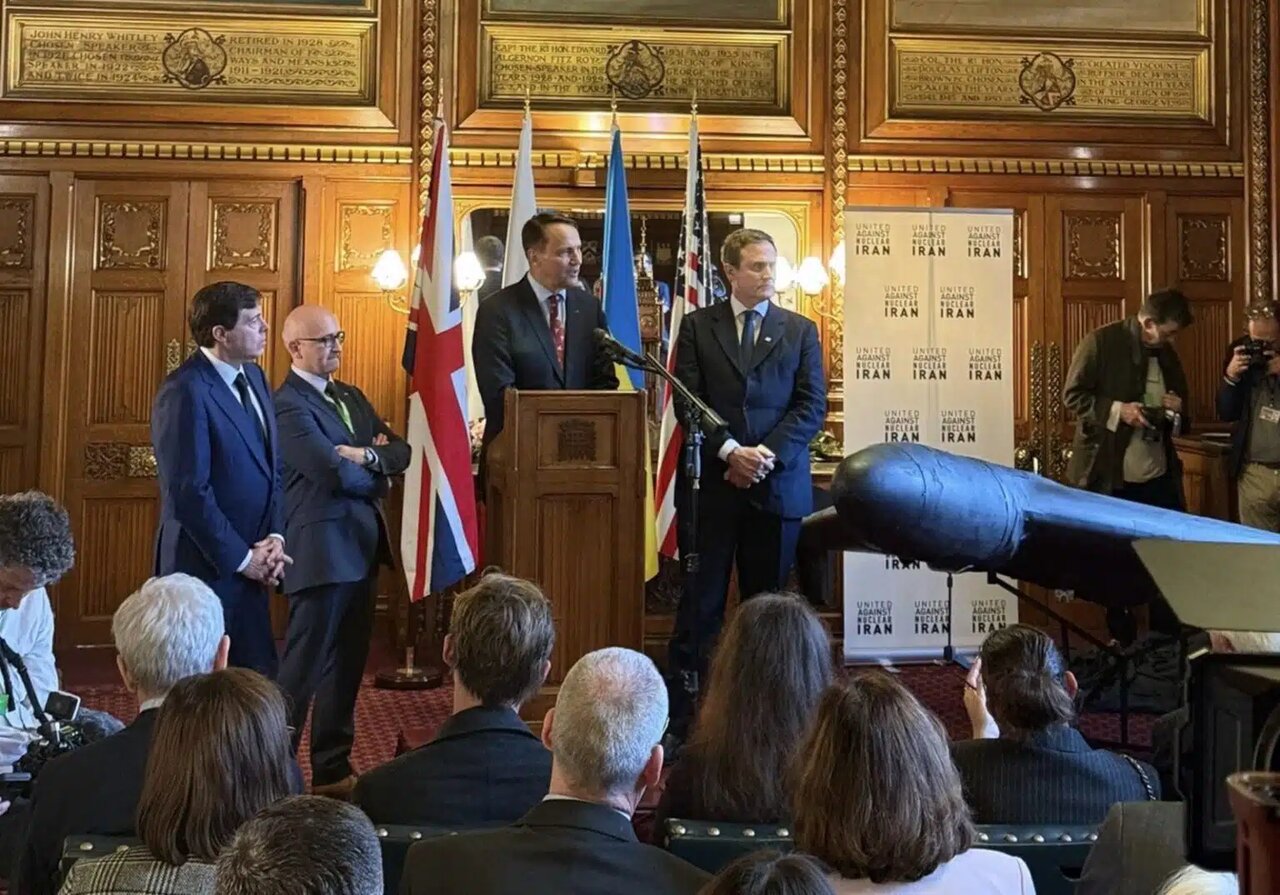
Poland’s foreign minister falsely accused Iran of supplying drones to Russia for use in the Ukraine war
And you are trying to use the memory of World War II, when Iran provided refuge to more than 100,000 Polish citizens to find sympathy and gratitude from modern-day Poland and Europe? You must remember that modern Western (European) politicians are guided only by current, momentary circumstances and arguments. They are illiterate, cynical, and extremely unprincipled! They have no pity or compassion for anyone! Only profit and immediate gain are the most important results for them. They don't think about the future of their country or the entire planet, which is on the brink of nuclear war. They don't know or want to know not only the history of the world, but they don't even know the history of their own countries. Therefore, appealing to the history of Poland's relationship with Iran from eighty years ago is the wrong approach!
Iran’s foreign minister condemned the drone display and invited Poland to a factual dialogue. How significant are these diplomatic efforts, and do they suggest a constructive approach that Poland and Europe might emulate when engaging with Iran?
The efforts of your country's foreign minister are correct, understandable, and logical. It is his duty to make diplomatic efforts and express concern about all the issues that arise in the political arena between Iran and other countries. In principle, the position of any Ministry of Foreign Affairs is to encourage all countries to engage in constructive dialogue when emerging problems arise. However, it remains to be seen whether Poland and Europe will follow this approach in their interactions with Iran. It is unlikely that they will follow the example set by your country's leadership.
Iran has friendly relations with Russia and helps it. However, Russia is currently an enemy of the United Fascist Europe and the West. Multiple sanctions have been imposed on Russia. Naturally, all other countries that have good relations with Russia and support it are enemies of Europe and the West. Therefore, it is not worth making an effort on the Iranian side to try to justify itself or explain to someone why a certain decision was made.
In such cases, the West views this as a sign of weakness and a lack of self-confidence. The West will not respond to any attempts to resolve the issue. The West only respects strength!
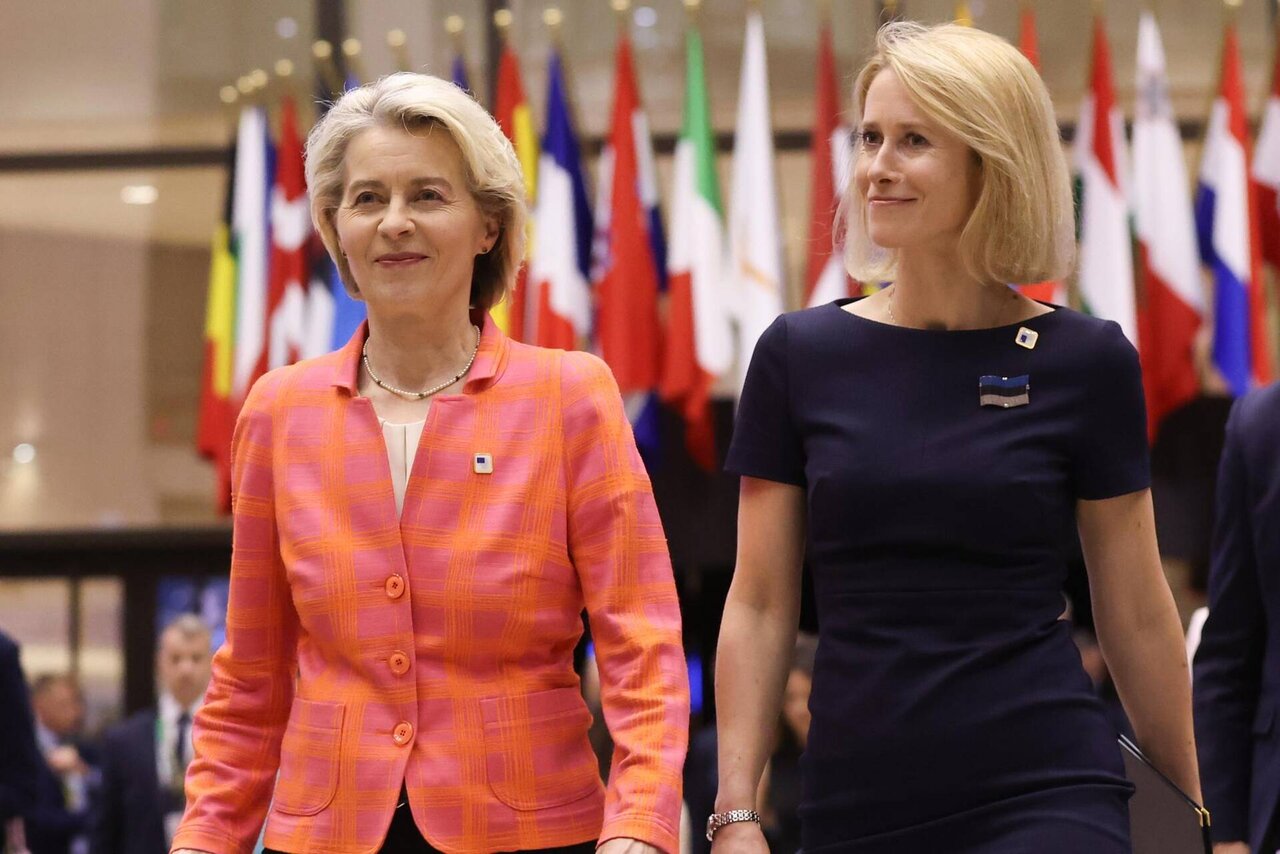
Professor Azarov: Modern Western (European) politicians are illiterate, cynical, and extremely unprincipled
Currently, the general trend of Western policy is to strangle Russia with force and military methods. By providing weapons and money to Ukraine, the West is attempting to use Ukraine as a proxy to destroy Russia, bleed it dry, divide it into separate territories, and ultimately exploit its vast natural resources. They will stop at nothing to achieve their goal. They will spare no one who stands in their way.
Remember the recent bombings of your country by Israel and the United States. G7 leaders issued a statement at the 2025 G7 Summit in Canada that read: "We affirm that Israel has a right to defend itself. We reiterate our support for the security of Israel. Iran is the principal source of regional instability and terror."
The European Commission, represented by President Ursula von der Leyen, during a telephone conversation with Israeli Prime Minister Netanyahu, agreed that "Iran should not have nuclear weapons, and this is not up for discussion." She blamed Iran for the conflict.
EU foreign policy chief Kaja Kallas also expressed the EU's consolidated position that Iran should not be allowed to develop nuclear weapons.
And how did Russia and the countries of the Shanghai Cooperation Organization (SCO) react? They strongly condemned the targeted airstrikes by the United States and Israel on Iran's nuclear infrastructure in June 2025. This was stated in the Tianjin Declaration, adopted at the end of the organization's summit in China.
"Such aggressive actions against civilian facilities, including nuclear energy infrastructure, which have resulted in the deaths of civilians, are a gross violation of the principles and norms of international law and the UN Charter, and an infringement on the sovereignty of the Islamic Republic of Iran," the declaration states.
To what extent do you think Europe’s current anti-Iran stance is shaped by lobbying or pressure from the United States and Israel, rather than by independent evaluation of Iran’s actions?
The current anti-Iranian stance in the West is naturally shaped by Israel and the United States, which supports it. As long as these countries' attitudes towards Iran do not change for various reasons, the situation will remain as it is. It does not matter much how Iran behaves or what its tactics are in the international arena. Israel claims that Iran's goal is to destroy the Jewish state. Your country's nuclear program is a key element in this matter.
You are well aware of the history of the confrontation between Israel and Iran. With the help of the United States, Israel has been trying for many years to prevent Iran from developing nuclear weapons, and therefore, it is doing everything it can to hinder Iran's peaceful nuclear program.
Today, Israel and Iran are irreconcilable rivals in the Middle East. Their differences are so profound that attempts at rapprochement cannot be considered in the current state of affairs. It should be noted that the Israeli-Iranian conflict is complex and paradoxical. Although the countries do not share borders or territorial disputes, their confrontation is based on different foreign policy approaches. As long as the conflict itself does not resolve its contradictions, it will continue to manifest itself in various ways.
Could acknowledging Iran’s historical humanitarian support, combined with its recent diplomatic initiatives, provide a foundation for more balanced and constructive dialogue between Iran and European countries today?
No! It can't! Throughout the entire Iranian-Israeli conflict, which began after the 1979 Islamic Revolution, when relations between Iran and Israel began to deteriorate, the West actively supported Israel, as it is currently doing. Therefore, neither Iran's historical humanitarian support nor even Iran's diplomatic initiatives with European countries can lay the foundation for a constructive dialogue with the West until all the barriers erected by Israel and the United States against Iran are removed.
A similar situation is happening with Russia. For many years, and even centuries, Russia has been an enemy of the West. At times, relations between the West, primarily the United Kingdom, and Russia have improved briefly, but as soon as the Russian leadership made decisions that did not align with the interests of the English-speaking world, various complications arose in relations between Russia and the West. This led to sanctions and other unfriendly actions against Russia.
"British hostility toward Russia is often attributed to frustrated ambitions to control its vast resources and to Russia’s longstanding role in obstructing Britain’s global dominance."The reasons for British hatred are believed to be unfulfilled desires and hopes to capture and control Russia's vast resources. Another reason is that Russia has always hindered Britain's ability to dominate the world.
Therefore, the British are ready to wipe Russia off the face of the earth, along with its people and natural resources, in a cold-blooded and calculated manner, and most importantly, by using "other people's hands" to try to set as many countries as possible, especially its neighbors, against Russia.
The British are also concerned about Russia's growing power and consider our country to be their main enemy in the world. This foreign policy doctrine, which was announced long before the military events in Ukraine, has been in place for centuries, even though Russia, like Iran and Israel, does not share a border with the United Kingdom.
So, in July 2025, the British analytical center More in Common conducted a study of public opinion in the field of international affairs. As it turned out, the British are afraid that the UK is losing its influence in the world (40% of respondents) and losing it to China, the United States, and Russia.
At the same time, Russia scares the British the most: 65% of respondents called it the main threat to the UK. Iran came in second place (51%), and China came in third place (33%).
According to the British, Moscow is rapidly increasing its influence, and the British are concerned about the Russian military's success in the conflict in Ukraine. Just over half (54%) of respondents would like to see British troops participate in a "peacekeeping mission in Ukraine," but only after a ceasefire.
Therefore, it can be concluded that Iran needs to strengthen its defense capabilities, develop its economy, seek support from reliable neighbors and friends, and actively promote military and patriotic education among young people.
